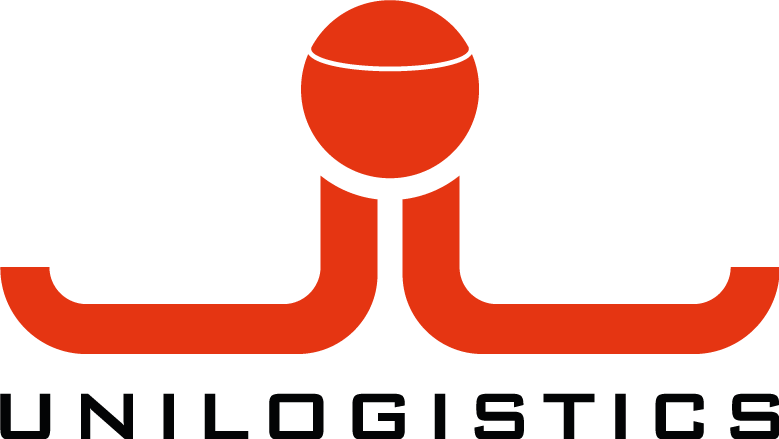
Tariffs USA – Part 5: Commentary by Thomas Rüegger, Chairman of Unilogistics AG.
On July 31, 2025, no one in Switzerland, neither industry and business leaders nor high-ranking politicians in Bern, knew how much customs duties the US would impose. With direct investments of $300 billion, Switzerland ranks seventh among foreign investors in the United States, creating half a million jobs in the US.
On August 1, the tariff hammer fell: 39%. Valid from August 7, 2025, 6:00 a.m. Swiss time.
The president didn’t negotiate well. She was too schoolmarmish. She denies it, but she knows it. You can see it in her face. Messages were sent from the Oval Office saying that Trump was red in the face. She should break off negotiations. Otherwise, things would turn out badly. Other countries took his prior knowledge and moods into account in their negotiations and took a tough stance toward the US president. Verbally and with gifts. In doing so, they lost some of their dignity, but got better deals than Switzerland. Now everyone feels sorry for them. That can’t be right. The highest rate in all of Europe. 39 percent is very harsh. At Unilogistics AG, as a modern SME, we have been intensively examining the effects of Donald Trump’s policies on the economy since the beginning of his second term in office. From his inauguration on January 20, 2025, to the failed renegotiations on August 6, 2025, by Karin Keller-Sutter and Guy Parmelin, Trump is steering a course into the unknown. Neither the Americans nor the rest of the world will benefit from his daily orders. Liechtenstein, with 15% tariffs, has one of the highest gross domestic products per capita in the world in economic terms and is not in the EU. Since 1923, the country has been closely linked administratively and economically to neighboring Switzerland through a customs agreement. This charter, which is even smaller than the microstate of Switzerland, is unlawful in itself.
However, true to the motto “crisis as opportunity,” the Federal Council also emphasizes that we have already overcome other crises. The remaining negotiators will likely negotiate a better deal in a few months.
Now let us listen to the Minister of Economic Affairs. First and foremost: short-time work as a tried and tested measure. It is right that the Federal Council is relying on it again now. Especially if, as Minister of Economic Affairs Guy Parmelin promises, it can be handled flexibly and unbureaucratically.
For the time being, we have to live with the 39% US tariffs. Even if we don’t know exactly what we are being punished for. How many billions in short-time work compensation this pride is worth is something everyone must answer for themselves.
I now listen to SRF4 every day and get my information from Tamedia and SRG so that I can form my own picture of the economy.
Our strategy is to maintain and further expand our good relationships with partners and customers in reliable EU trade in the medium term. We are also continuing to focus on the Swiss domestic market and are trying to open up new opportunities in this area as well. Since the beginning of 2025, we have also been working intensively on expanding our network in the emerging economies of Asia (including India, the Philippines, Indonesia, and Malaysia), for example by joining bilateral chambers of commerce in the respective countries and Switzerland.
Source: Unilogistics/TR

